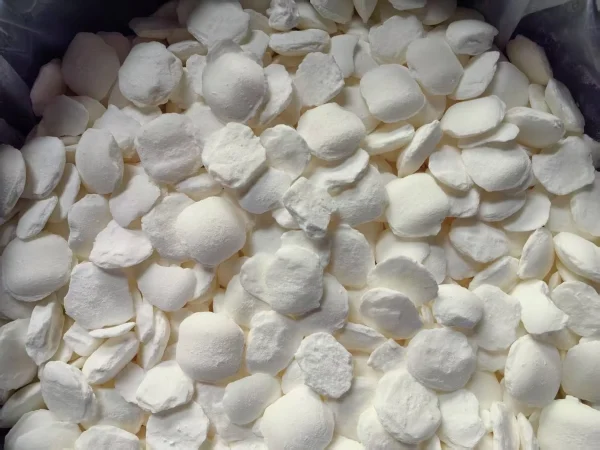
Introduction
Sodium cyanide (NaCN) is a chemical compound with significant industrial applications, despite its extremely toxic nature. It is a white, crystalline solid that is highly soluble in water. This article will explore the common specifications of sodium cyanide and its various uses across different industries.
Common Specifications
Purity Levels
98% Purity: This is a commonly available grade in the market. For solid Sodium Cyanide, at this purity level, the main component, Sodium cyanide (NaCN), should be present at a minimum of 98.0%. Along with this, other parameters such as NaOH content should be ≤0.3%, Na₂CO₃ ≤0.2%, moisture ≤0.2%, and matter insoluble in water ≤0.01%. This grade is suitable for a wide range of industrial applications where a high level of purity is required but not the utmost precision. For example, in some metal cleaning processes, this 98% pure sodium cyanide can effectively remove surface oxides and contaminants.
99% Purity: Representing a higher grade, solid sodium cyanide with 99% purity has more stringent criteria. The NaCN content must be ≥99.0%, with moisture ≤0.5%, matter insoluble in water ≤0.01%, cyanide ≤0.01%, chloride ≤0.20%, and sulfate ≤0.07%. This higher purity grade is often used in applications where the presence of impurities could interfere with the chemical reactions. In the production of certain high - quality electroplating solutions, the 99% pure sodium cyanide helps in achieving a more uniform and high - quality metal coating.
Physical Forms
Solid: Sodium cyanide is commonly available in solid form, which can be in the shape of blocks, crystalline particles, or powder. Solid forms are preferred for easier storage and transportation over long distances. The solid form is less likely to leak during transit compared to the liquid form. It is often packed in double - sealed bags inside a timber crate, typically weighing around 1 tonne. Solid sodium cyanide is widely used in the mining industry for gold extraction. The briquettes, which are around 98% pure and appear white, resemble charcoal briquettes and are convenient for handling in large - scale mining operations.
Liquid: Liquid sodium cyanide, although less common due to transportation and storage challenges, is also available. A common concentration for liquid sodium cyanide used in some applications is 30%. In this form, the NaCN content should be ≥30.0%, with NaOH ≤1.0%, Na₂CO₃ ≤1.0%, NaCl ≤0.027%, and NaCOOH ≤0.60%, and an APHA (a measure of color) value ≤100. Liquid sodium cyanide is used in certain industrial processes where a more homogeneous and easily - dispersed form of the chemical is required, such as in some specific mining extraction techniques.
Application Scenarios
Mining Industry
Gold and Precious Metal Extraction: Sodium cyanide is extensively used in the mining of gold and other precious metals. This process, known as cyanide leaching or gold cyanidation, takes advantage of the high affinity of gold (I) towards cyanide. In the presence of air (oxygen) and water, gold metal oxidizes and dissolves, forming gold cyanide (or gold sodium cyanide) and sodium hydroxide. The chemical reaction can be represented as: 4Au + 8NaCN + O₂+ 2H₂O → 4Na[Au(CN)₂]+ 4NaOH. Low - grade ores can be processed using this method, making it a cost - effective way to extract gold. The solid form of sodium cyanide, especially the 98% pure briquettes, is commonly used in large - scale mining operations due to their ease of handling and high concentration of the active ingredient.
Chemical Industry
Synthesis of Nitriles: Sodium cyanide serves as a crucial starting material for the synthesis of nitriles. The cyanide ion (CN⁻) in sodium cyanide acts as a nucleophile, donating an electron pair to form a chemical bond. Nitriles are essential components in a wide range of chemicals and pharmaceuticals. For example, acrylonitrile, which is used in the production of synthetic fibers like acrylic and in the manufacturing of plastics, can be synthesized using sodium cyanide as a key intermediate.
Production of Hydrocyanic Acid and Other Cyanides: It is used to produce hydrocyanic acid (HCN), which is a precursor for many other chemical compounds. Additionally, sodium cyanide is used to manufacture various inorganic cyanides such as potassium cyanide (KCN), cyanuric chloride, and cyanogen chloride. These Cyanides find applications in different industries, from electroplating to chemical synthesis.
Metal Processing
Metal Cleaning: Sodium cyanide is used as a metal cleaner. It can effectively remove surface oxides and dirt from metals, improving the surface quality of the metal. This is important in processes where a clean metal surface is required for subsequent treatments such as painting, coating, or soldering. The ability of sodium cyanide to react with metal oxides and dissolve them makes it a useful agent in metal surface preparation.
Electroplating: In electroplating, sodium cyanide is used to create electroplating solutions. It helps in the deposition of a thin layer of metal onto a substrate, improving the appearance, corrosion resistance, and wear resistance of the object. For example, in silver plating, sodium cyanide is used in the plating bath to facilitate the uniform deposition of silver ions onto the object being plated. The purity of sodium cyanide, especially the 99% grade, is important in electroplating to ensure a high - quality and consistent metal coating.
Pharmaceutical Industry
Intermediate in Drug Synthesis: Sodium cyanide can be used as an intermediate in the synthesis of certain drugs. For instance, in the production of some analgesics (painkillers) and anti - epileptic drugs, sodium cyanide is involved in chemical reactions that form the key building blocks of these drugs. However, due to its extreme toxicity, strict safety protocols are followed during its use in pharmaceutical manufacturing.
Other Applications
In the production of dyes: Sodium cyanide is used in the manufacturing of dyes. It participates in chemical reactions that help in creating the chromophores (the part of the molecule that gives color) in dyes. Different types of dyes, such as those used in the textile industry, may require sodium cyanide in their synthesis process.
As a rodenticide (although less common): Historically, sodium cyanide has been used as a rodenticide. However, due to its extreme toxicity to non - target organisms and humans, and the potential for environmental contamination, its use as a rodenticide has been significantly reduced.
Safety Considerations
It is crucial to note that sodium cyanide is extremely toxic. It can be fatal if inhaled, absorbed through the skin, or swallowed. Even a small amount, less than 5 mg/kg body weight for a 70 - kg person, can be lethal. When in contact with moist air or water, it releases corrosive, flammable, and toxic hydrogen cyanide gas. Therefore, strict safety measures must be adhered to when handling, storing, and transporting sodium cyanide. Workers in industries that use sodium cyanide should be provided with appropriate personal protective equipment, and proper ventilation systems should be in place to prevent the build - up of toxic gases.
Conclusion
Sodium cyanide, despite its high toxicity, plays a vital role in several industries due to its unique chemical properties. The common specifications of 98% and 99% purity in solid and liquid forms cater to different industrial requirements. From mining precious metals to synthesizing chemicals and pharmaceuticals, its applications are diverse. However, the associated risks demand the implementation of strict safety and environmental protection measures to ensure the well - being of workers and the environment.
- Random Content
- Hot content
- Hot review content
- Potassium Permanganate – Industrial Grade
- Sodium Peroxide
- Citric acid-Food Grade
- Ammonium Persulfate Industrial Grade 98.5%
- Food Grade Heavy Light Precipitated Calcium Carbonate Powder Granular 99%
- Ethyl alcohol /Ethanol 99.5%
- Copper Sulfate Monohydrate (CuSO4-H2O) Powder (Cu:34% Min)
- 1Discounted Sodium Cyanide (CAS: 143-33-9) for Mining - High Quality & Competitive Pricing
- 2Sodium Cyanide 98% CAS 143-33-9 gold dressing agent Essential for Mining and Chemical Industries
- 3China's New Regulations on Sodium Cyanide Exports and Guidance for International Buyers
- 4International Cyanide(Sodium cyanide) Management Code - Gold Mine Acceptance Standards
- 5China factory Sulfuric Acid 98%
- 6Anhydrous Oxalic acid 99.6% Industrial Grade
- 7Soda Ash Dense / Light 99.2% Sodium Carbonate Washing Soda
- 1Sodium Cyanide 98% CAS 143-33-9 gold dressing agent Essential for Mining and Chemical Industries
- 2High Purity · Stable Performance · Higher Recovery — sodium cyanide for modern gold leaching
- 3Sodium Cyanide 98%+ CAS 143-33-9
- 4Sodium Hydroxide,Caustic Soda Flakes,Caustic Soda Pearls 96%-99%
- 5Nutritional Supplements Food Addictive Sarcosine 99% min
- 6Sodium Cyanide Import Regulations & Compliance – Ensuring Safe and Compliant Importation in Peru
- 7United Chemical's Research Team Demonstrates Authority Through Data-Driven Insights


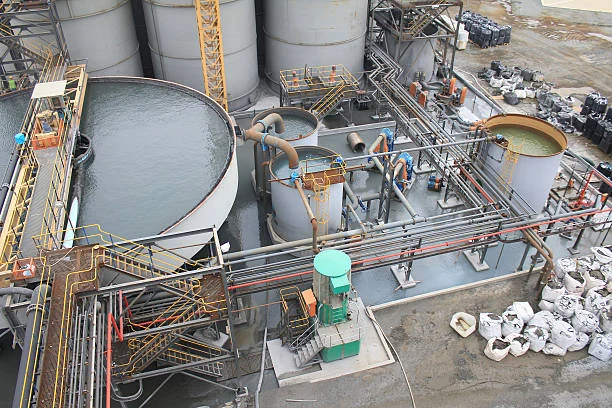
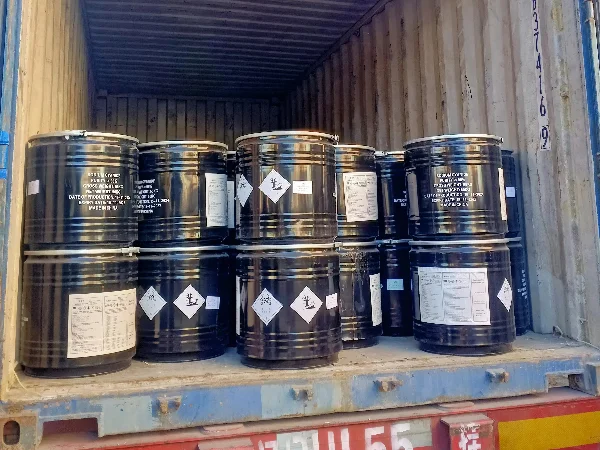
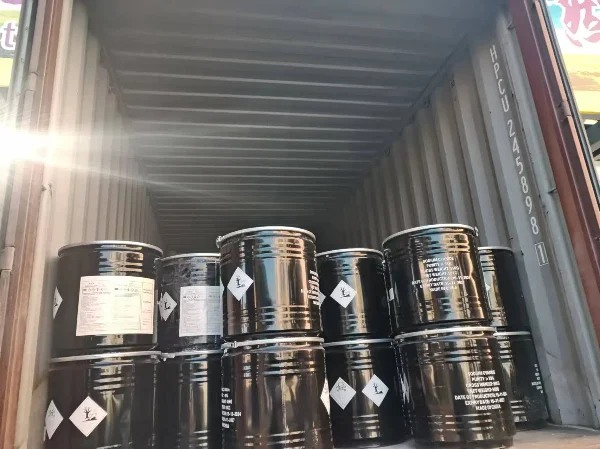




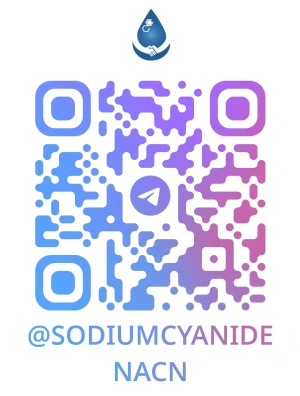

Online message consultation
Add comment: